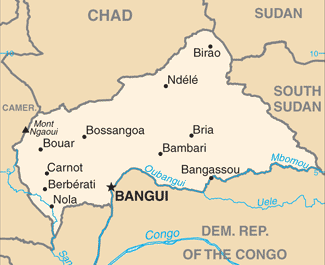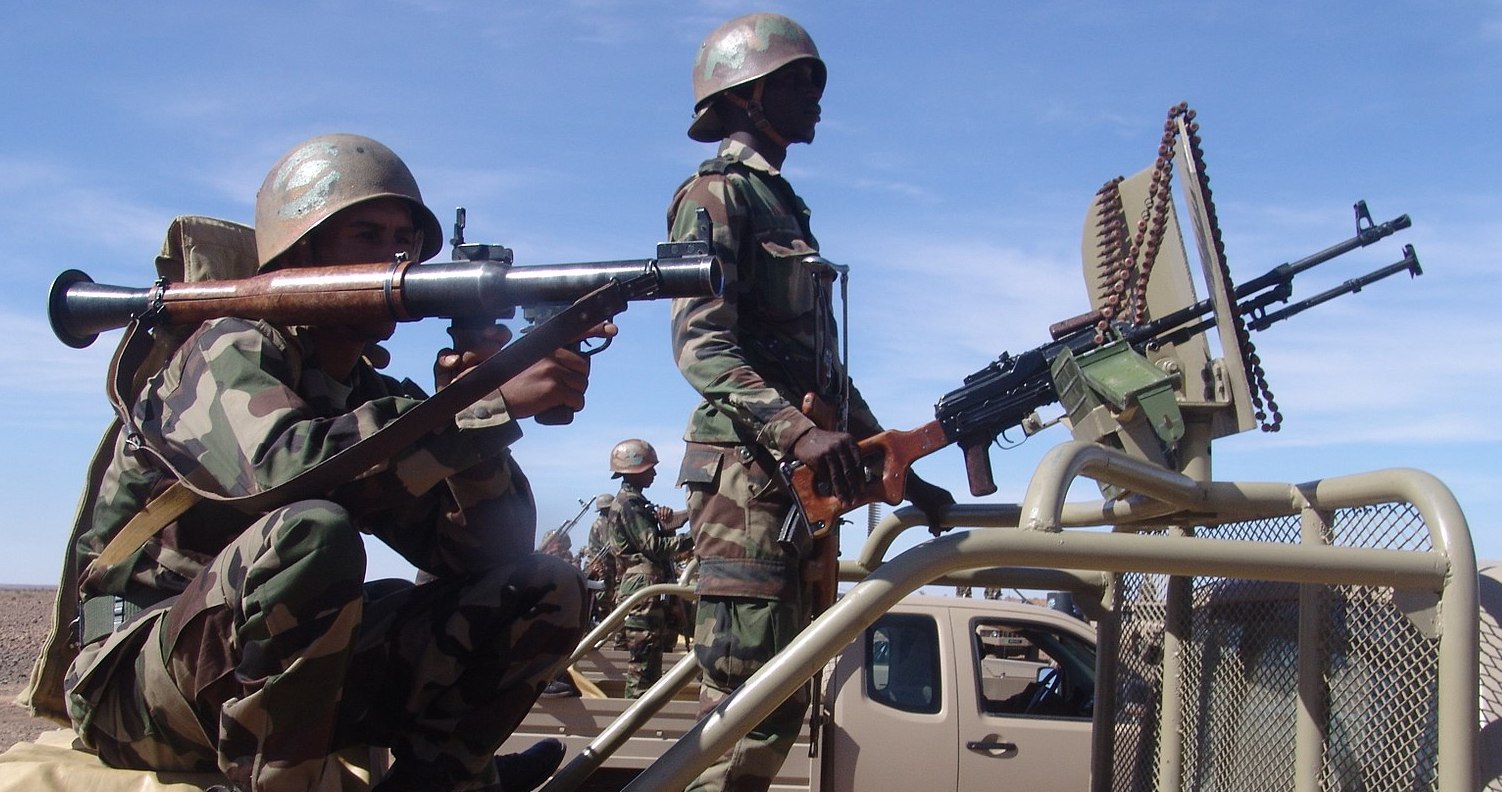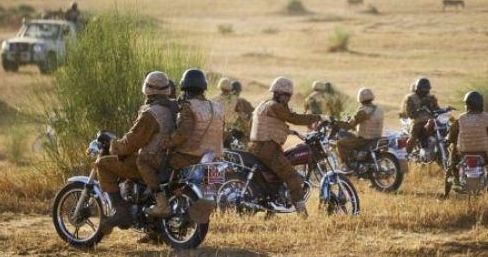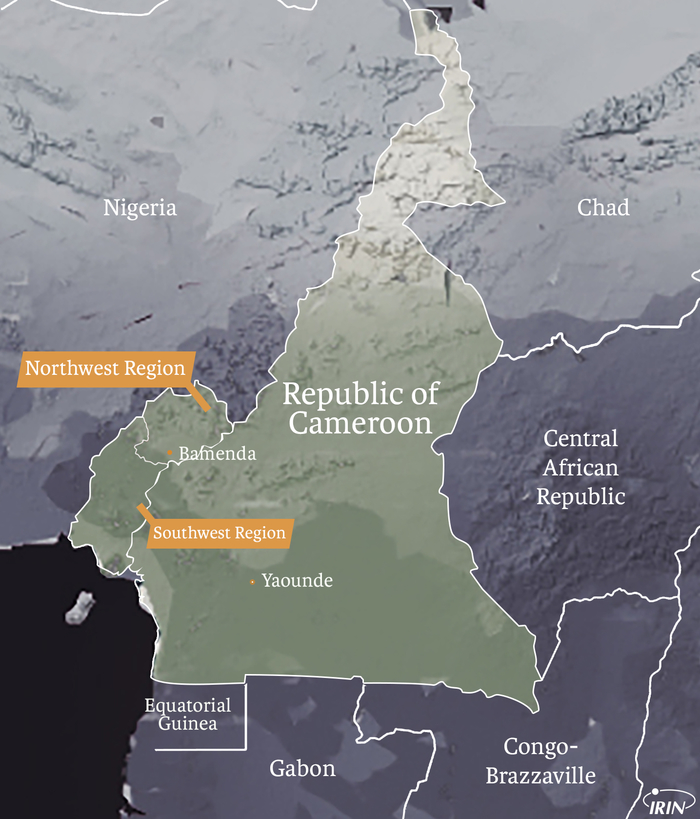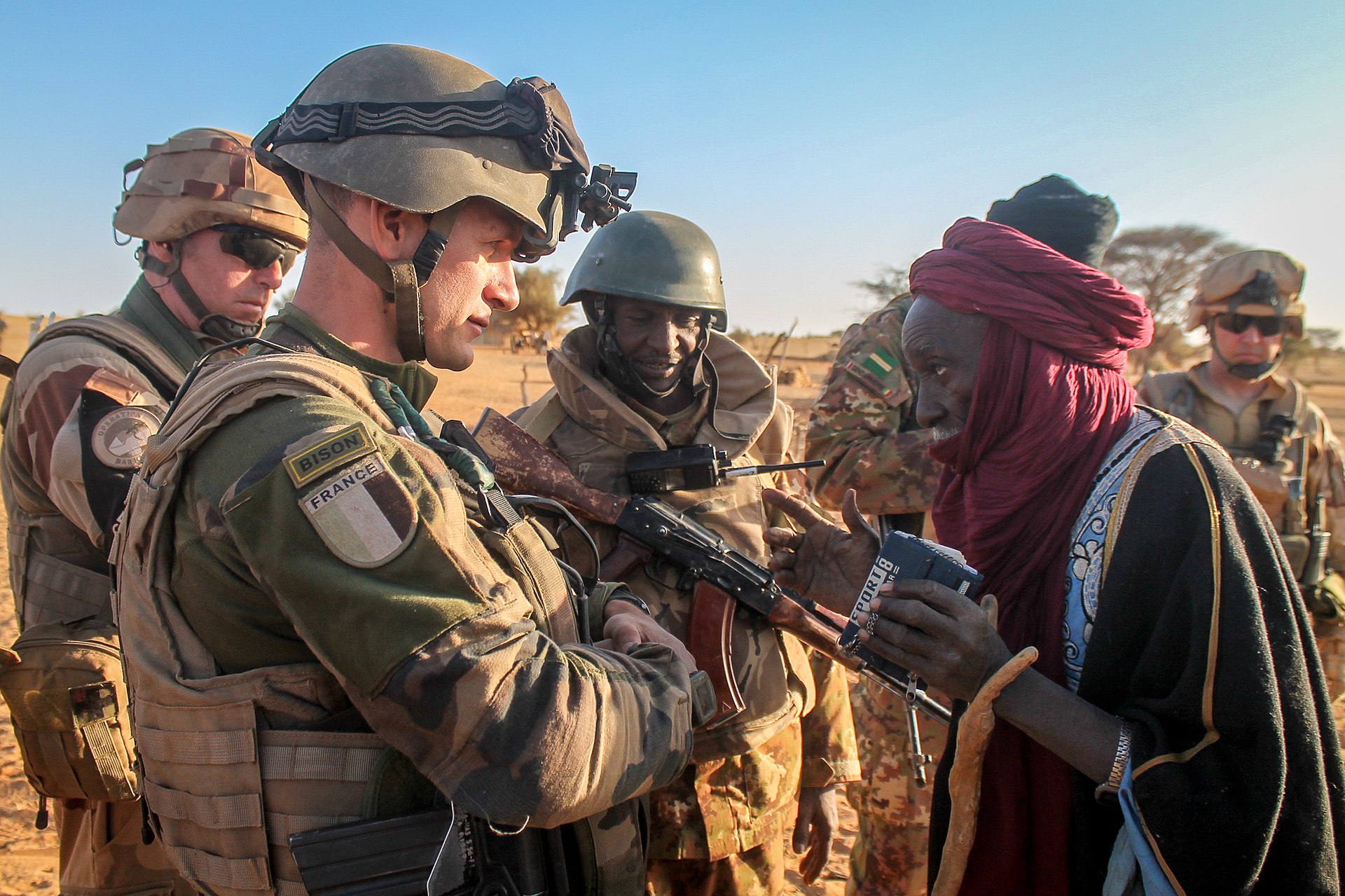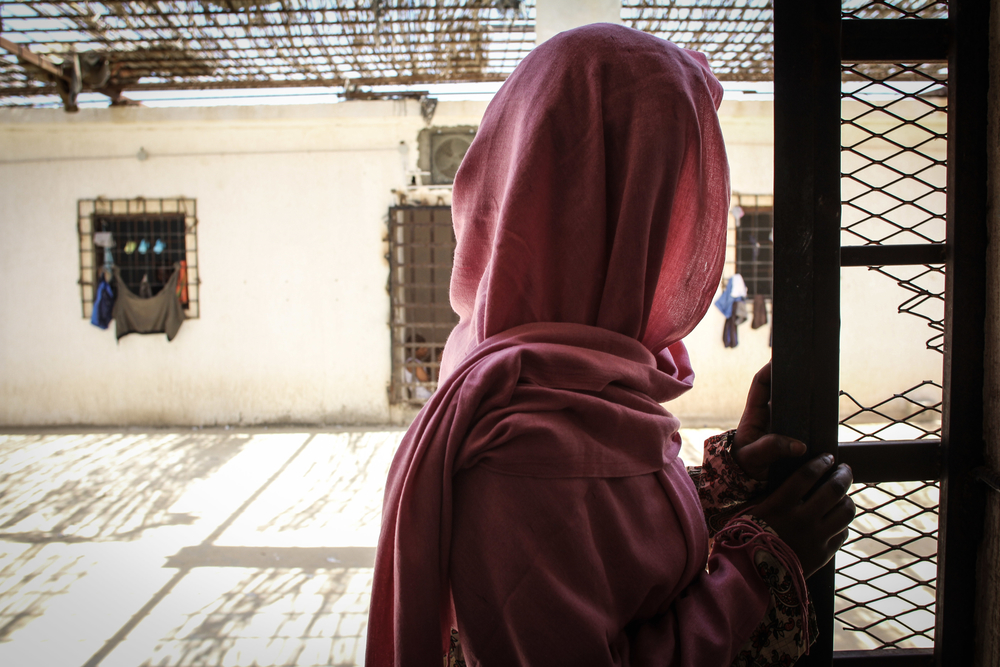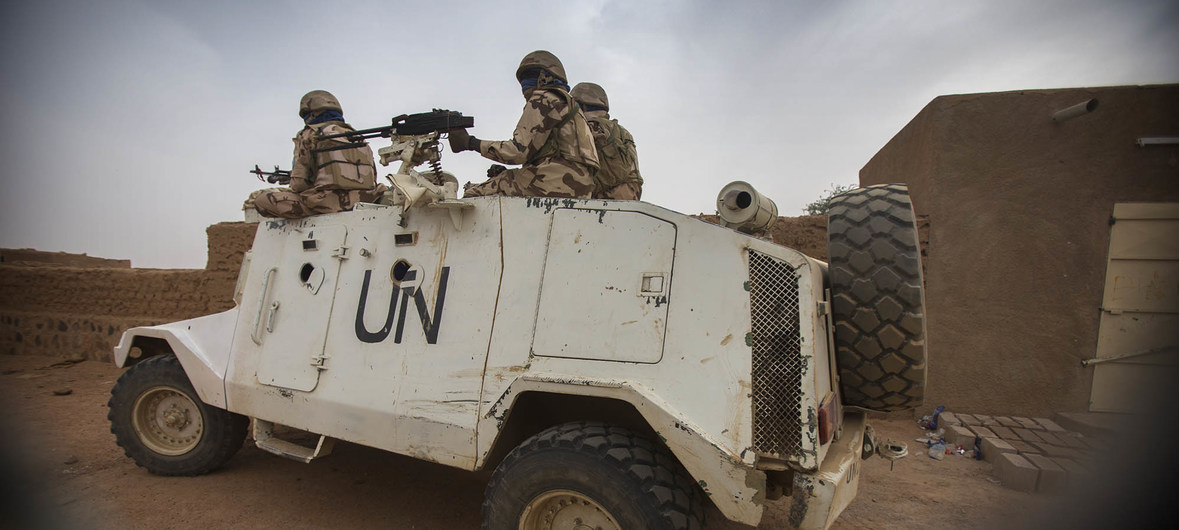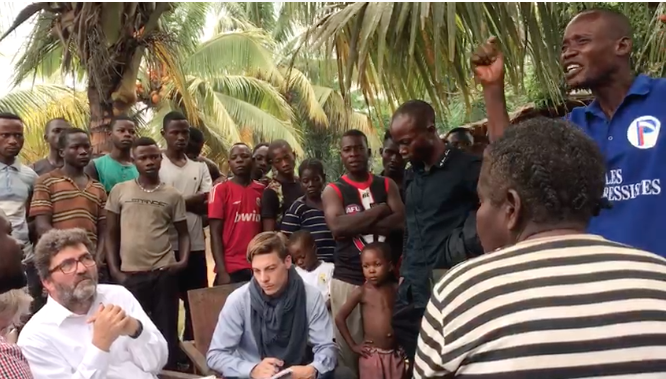
Mauritians take to street over oil spill
Thousands of people demonstrated in Mauritius over the government’s handling of a shipwreck that spilled 1,000 tons of oil into the seas around the island nation. In what appears to be a toll of the incident, several dolphins and whales have beached close to where the Japanese-owned MV Wakashio freighter ran aground and broke up. Social media is awash with photos of the stranded dying animals, including mothers and calves—while the minister of marine resources dismissed the beachings as a “sad coincidence.” Disaffection has swelled in the aftermath of the spill. Protesters in the streets of the capital, Port Louis, wielded an inflatable dolphin with “INACTION” written on it. (Photo: Greenpeace Africa via Mongabay)



